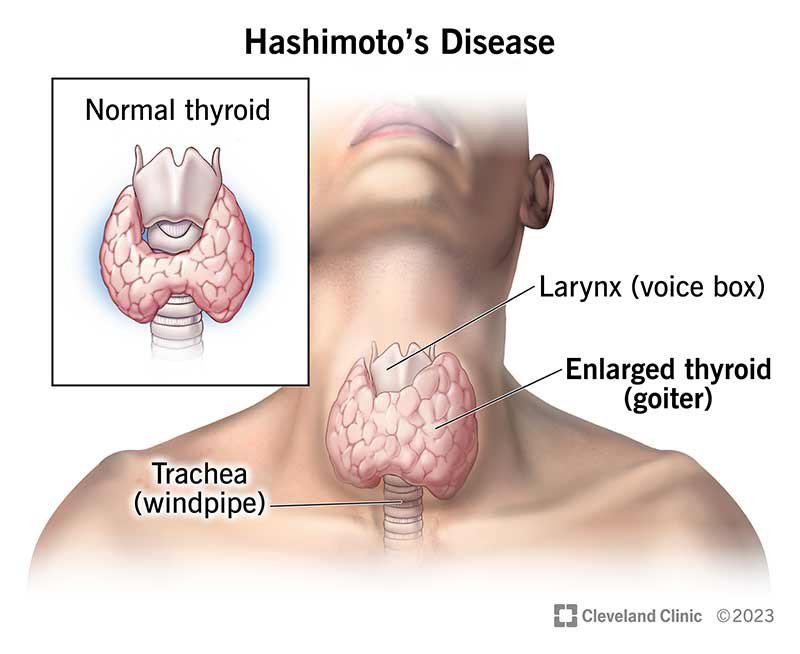Struggling with restless nights or waking up groggy? Spinal support plays a crucial role in achieving deep, restorative sleep. A healthy spine not only supports good posture but also ensures better sleep quality. Learn why spinal health matters and how the right support can transform your rest.
Why Spinal Health Matters During Sleep
Your spine is more than just a central column of bones. It supports the entire structure of your body, protects your nervous system, and helps maintain balance and mobility. Since the spine’s health directly affects nerve communication, proper alignment is critical to how your body functions, including your ability to rest and heal as you sleep.
Poor spinal alignment at night can create unnecessary pressure points, cause muscle tension, and even trigger nerve irritation. Any discomfort or stress placed on your back and neck during sleep can lead to tossing and turning, disrupting your progression through the vital sleep cycles.
According to sleep health experts, achieving deep sleep – the restorative phase where your body and mind recover and repair – depends significantly on physical comfort. Without proper spinal support, your body has to overcompensate overnight, preventing you from reaching and staying in those restorative stages of sleep.
The Connection Between Poor Spinal Support and Sleep Problems
Improper spinal alignment doesn’t just cause physical discomfort; it can have far-reaching consequences on your sleep patterns. Here’s how spinal misalignment impacts your sleep quality:
- Chronic Pain
Sleeping on mattresses or pillows that fail to support your spine can lead to chronic pain. Back pain, neck stiffness, and headaches are common culprits that not only reduce sleep duration but also affect daily productivity and mood.
- Disrupted Sleep Cycles
Uneven distribution of weight can create painful pressure points on parts of the spine. When you’re in pain, even subconsciously, your body tends to shift position frequently, disrupting the natural rhythm of your sleep cycles.
- Sleep Disorders
Spine-related issues may contribute to sleep disorders like insomnia and sleep apnea. For instance, poor neck alignment can obstruct airflow, exacerbating conditions like snoring or sleep apnea.
These factors underline the importance of setting your spine up for success while you sleep. Doing so not only helps prevent physical discomfort but facilitates longer, deeper, uninterrupted sleep.
How To Support Your Spine for Deep Sleep
Now that we know just how closely spinal health and sleep quality are connected, how can we ensure our spines are properly supported at night? It starts with creating the right sleep environment.
1. Invest in the Right Mattress
A high-quality mattress is the foundation of good spinal support. Look for options designed to evenly distribute body weight and maintain your spine’s natural alignment. Here are some tips for choosing a mattress:
- Medium-Firm Support: Research shows that medium-firm mattresses, like a pillowtop twin mattress, strike the right balance of comfort and spinal support for most people.
- Consider Your Sleep Position: Side sleepers should look for mattresses that provide ample cushioning for hips and shoulders, while back and stomach sleepers may benefit from slightly firmer options.
- Try Before You Buy: If possible, spend time testing mattresses to find the level of support that feels best for your body.
2. Optimize Your Pillow Setup
Your pillow isn’t just for propping up your head; it plays a critical role in neck and spinal alignment. Here’s how to choose the right pillow:
- For Back Sleepers: Opt for a pillow that supports the natural curve of your neck without tilting your head forward.
- For Side Sleepers: A firmer, higher pillow can help fill the gap between your ear and shoulder.
- For Stomach Sleepers: Use a thin pillow or none at all to avoid straining your neck.
3. Practice Good Sleep Posture
Your sleeping position significantly influences spinal health. Pay attention to these posture tips for better alignment:
- Side Sleeping: Bend your knees slightly and place a pillow between them to keep your lower back and pelvis aligned.
- Back Sleeping: Use a pillow under your knees to reduce pressure on your lower back.
- Stomach Sleeping: Limit this position, as it twists the neck unnaturally. If it’s unavoidable, consider placing a pillow under your pelvis for additional support.
4. Incorporate a Bedtime Stretching Routine
Gentle stretching before bed can help relax tight muscles, improve circulation, and ease tension around your spine. Simple stretches like child’s pose, cat-cow stretches, or seated forward folds can prepare your body for restorative sleep.
5. Maintain a Healthy Lifestyle
Your sleeping habits are only one part of the equation. Support your spine and overall health through regular physical activity, maintaining a healthy weight, and staying hydrated to keep discs well-lubricated.
The Rewards of Prioritizing Spinal Support
When your spine is supported through proper alignment and comfort during sleep, you’ll notice the benefits throughout your whole day:
- Improved focus and cognitive performance from being well-rested
- Reduced risk of injuries related to chronic stress on muscles or joints
- Enhanced mood and energy levels, helping you tackle challenges with confidence
Conclusion
If you’re tired of restless nights and achy mornings, it may be time to re-evaluate how you’re supporting your spine as you sleep. From choosing the right mattress to practicing good sleeping posture, small changes can make a world of difference.






